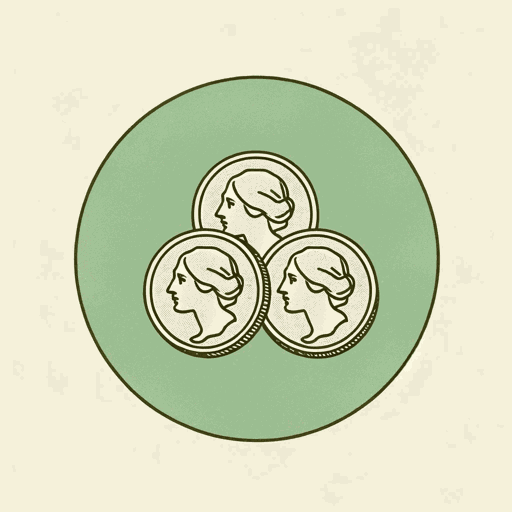51 pages • 1 hour read
Virginia WoolfThree Guineas
Nonfiction | Essay / Speech | Adult | Published in 1938A modern alternative to SparkNotes and CliffsNotes, SuperSummary offers high-quality Study Guides with detailed chapter summaries and analysis of major themes, characters, and more.
Summary and Study Guide
Overview
Three Guineas is a book-length essay structured as a letter from Virginia Woolf to an unnamed correspondent who has asked her for help with his efforts to “prevent war” (3). Three years after receiving the letter, and amidst the rise of fascism across Europe, Woolf has finally decided to respond. As a pacifist, she feels compelled to find a way to prevent another World War, though she is perturbed by the correspondent’s ideas, which ignore society’s patriarchal nature and its role in perpetuating war. The respondent outlines three ways he believes war can be prevented: 1) write letters of protest to newspapers; 2) join an anti-war society; and 3) donate money to anti-war causes. She argues that women lack access to education, institutions, and professions, and this lack of access means that her ideas of how to prevent war will be fundamentally incompatible with those of her correspondent.
Within her letter to the unnamed correspondent, Woolf composes letters responding to two hypothetical requests for funding, one to help build a women’s college and another to help women enter professions that require a university education. These letters become a framing device. and the “three guineas” of the title serve as a metaphor for her support of these causes: She will pledge a guinea to ideas she finds agreeable. Woolf often employs a sardonic, facetious tone, listing possible dissenting opinions before meticulously taking them apart.
Woolf begins by describing a distinction between the public and the “educated class” (4) and the vast difference in education funds available to men versus women. She analyzes university education, an illustration of power and influence that women are unable to access on equal terms. Woolf writes to the treasurer requesting funding for a women’s college and says that it is “clear [the treasurer] must rebuild [her] college differently” (32) and she should teach different subjects, with a focus on understanding human nature. Accepting conditional donations from rich men will only replicate the institutional patriarchy, but she notes that as “imperfect as it may be” (37), the education system can be rebuilt with unconditional donations. As such, Woolf says she will pledge her guinea to the college unconditionally.
In the second part, Woolf discusses “the professions” (39): jobs that require university educations. She has a letter, she says, from the treasurer of a society that helps the “daughters of educated men” (40) win careers in the professions. She points to a pervading belief that women do not belong in the professions and equates the fight for equal rights to the fight against fascism. Woolf will give her second guinea to the society, but only if its members will “practice those professions in such a way as to prevent war” (56). For one, women must promise to help everyone—regardless of class, race, or sex—to likewise enter the professions. Secondly, Woolf warns women against changing from being the “victims” to being “champions of the capitalist system” (64); to do so, they must refuse to be separated from poverty, chastity, derision, and freedom from “unreal loyalties” (73). These women will be “uncontaminated by the professions” (77) and able to prevent war.
In Part 3, Woolf attacks the unnamed correspondent’s war prevention strategies. Woolf believes women should form their own institutions rather than preserve existing ones. She warns against selling one’s skills for money, especially when one does not believe in the cause. She pledges her last guinea to the unnamed correspondent’s anti-war society, although she notes that his definition of freedom is different from her own. While he writers exclusively about war, she views the fight against fascism as inextricably linked to the fight against war; for her, freedom means fighting both enemies together. She imagines an alternate society of women who would rebel against the patriarchy and help to prevent war. Using the example of the Church of England, she argues that “infantile fixation” (119) drives men’s fear of women and explains why men purposefully preserve the patriarchal system.
Woolf concludes that it is impossible to prevent war without addressing the patriarchal system. While she pledges each of her guineas to a different institution, she ultimately uses all three to support the same cause, even if the correspondent does not realize this.
Related Titles
By Virginia Woolf

A Haunted House and Other Short Stories
Virginia Woolf

A Room of One's Own
Virginia Woolf

Between The Acts
Virginia Woolf

How Should One Read a Book?
Virginia Woolf

Jacob's Room
Virginia Woolf

Kew Gardens
Virginia Woolf

Modern Fiction
Virginia Woolf

Moments of Being
Virginia Woolf
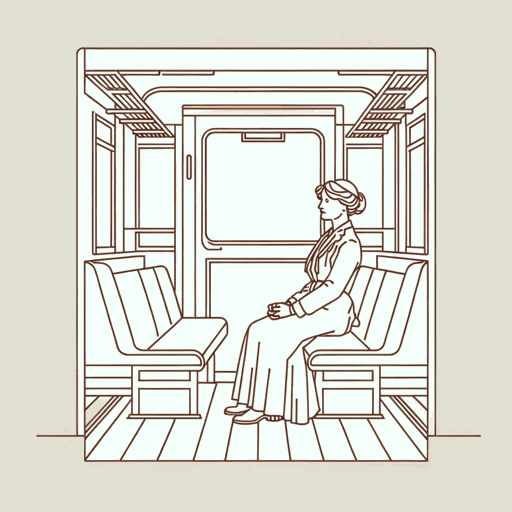
Mr. Bennett and Mrs. Brown
Virginia Woolf

Mrs. Dalloway
Virginia Woolf
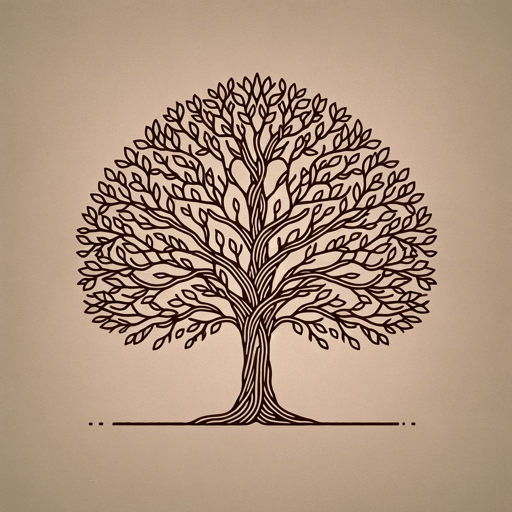
Orlando
Virginia Woolf
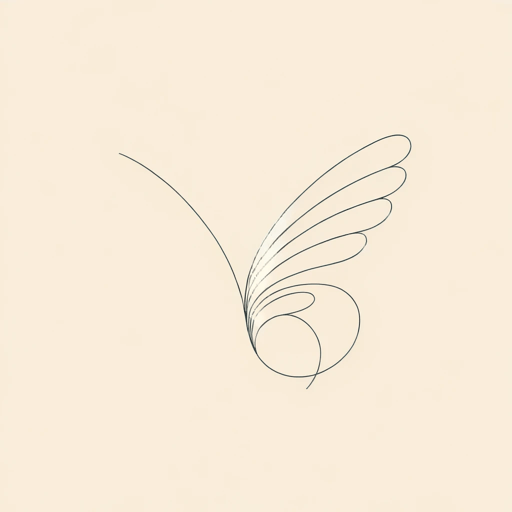
The Death of the Moth
Virginia Woolf

The Duchess and the Jeweller
Virginia Woolf
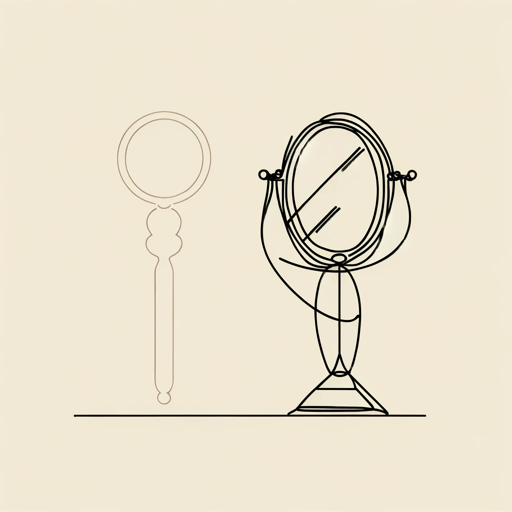
The Lady in the Looking Glass
Virginia Woolf

The Mark on the Wall
Virginia Woolf
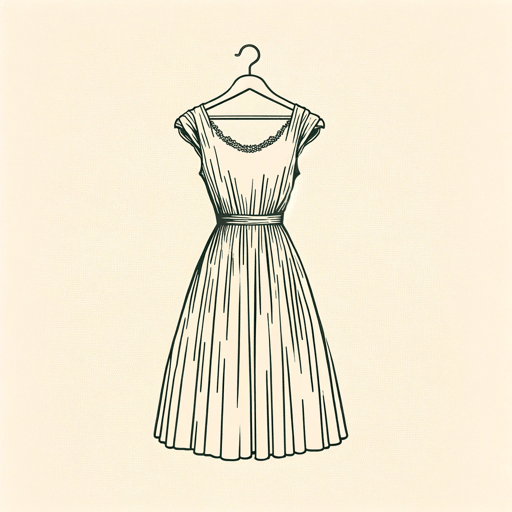
The New Dress
Virginia Woolf

The Voyage Out
Virginia Woolf

The Waves
Virginia Woolf

To the Lighthouse
Virginia Woolf
